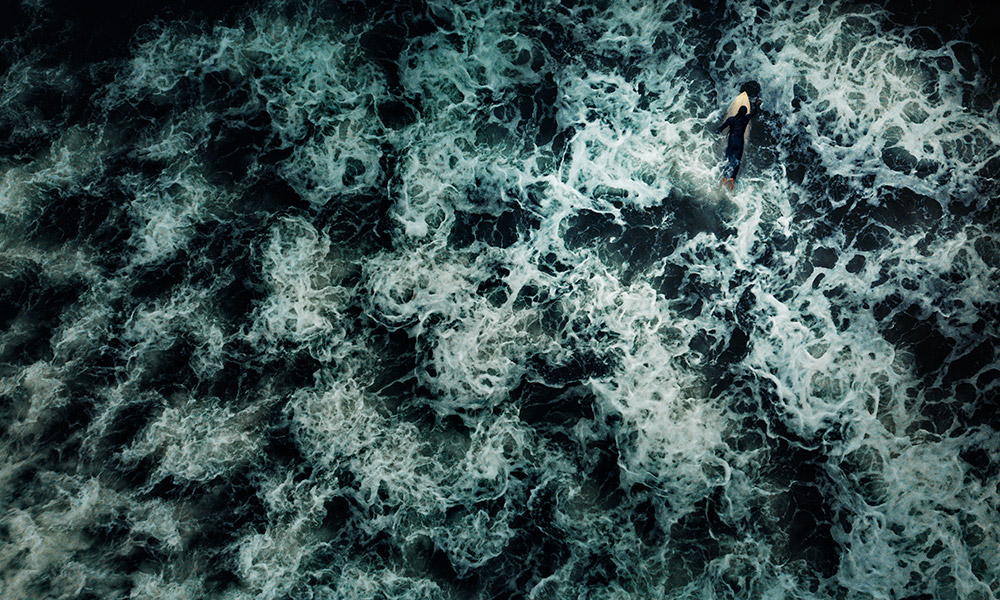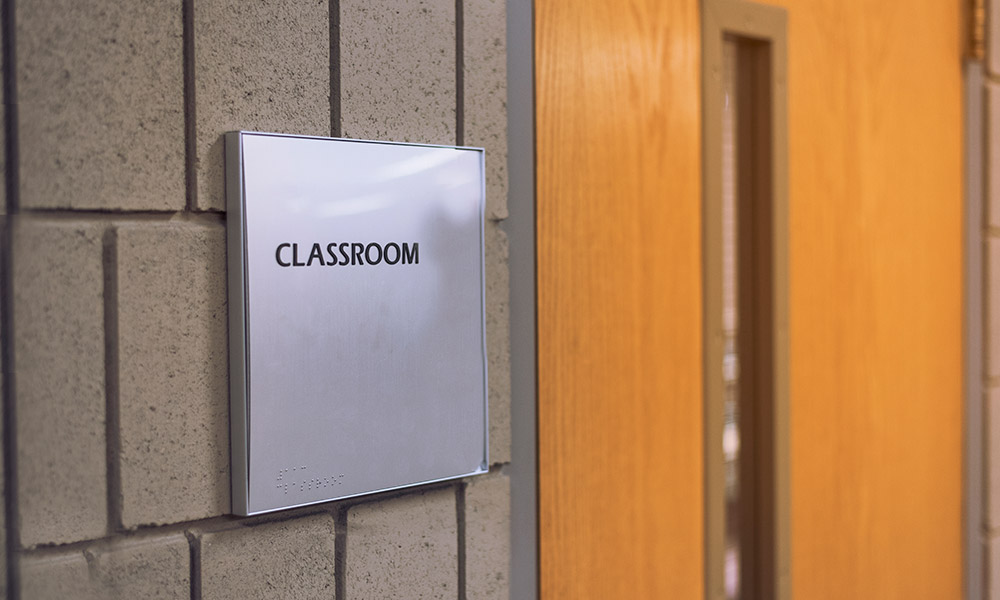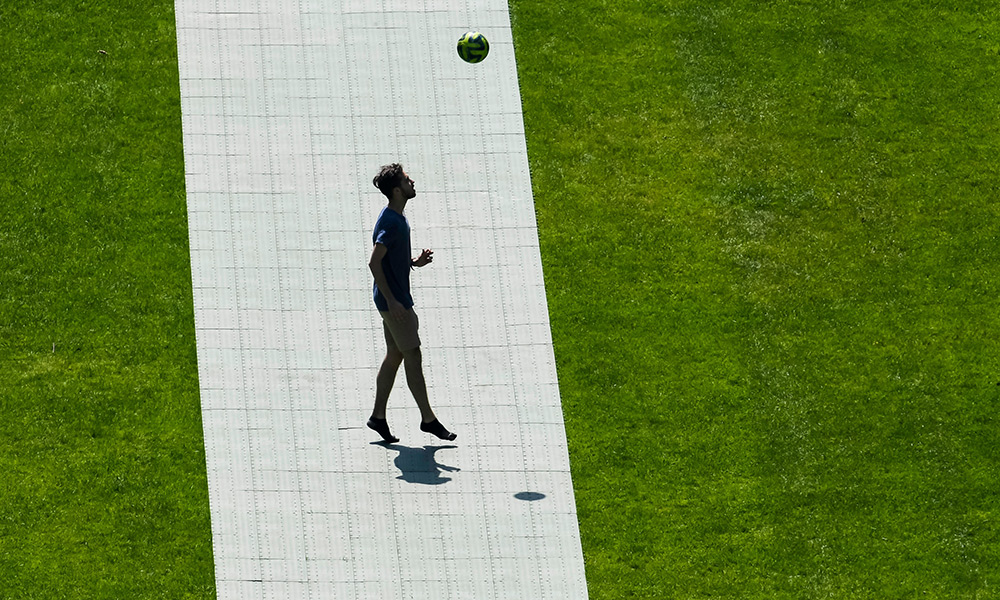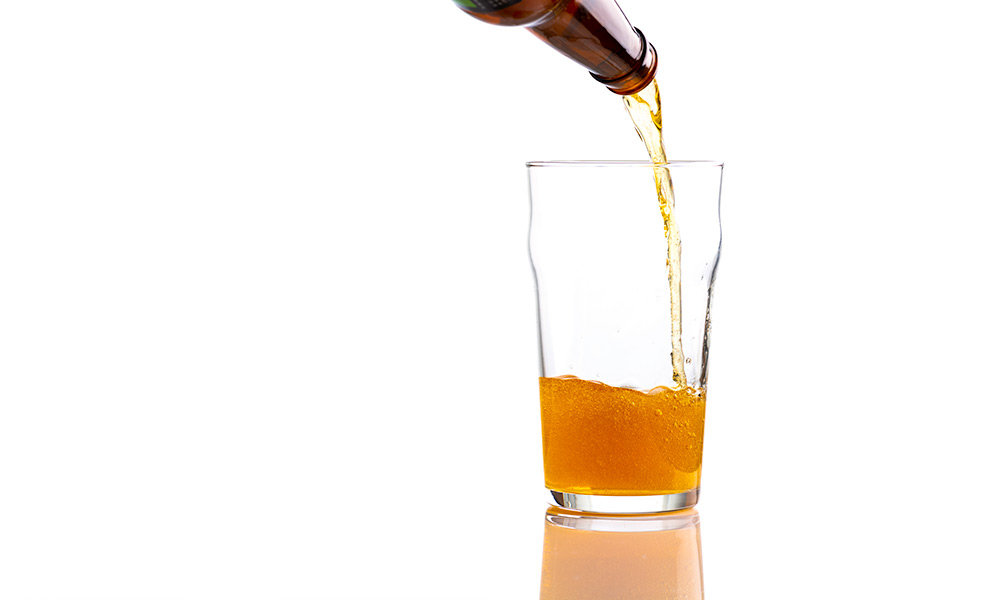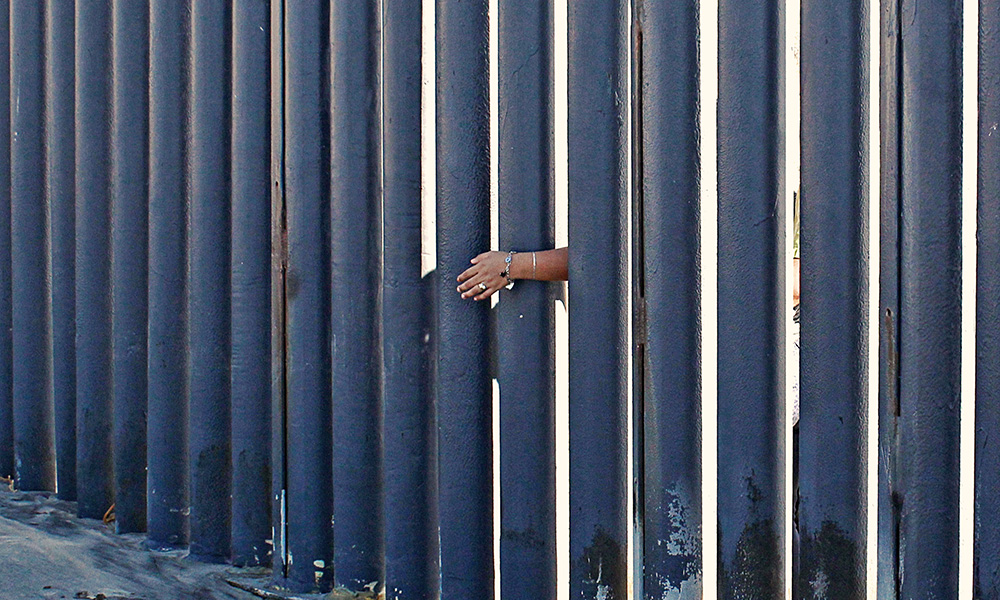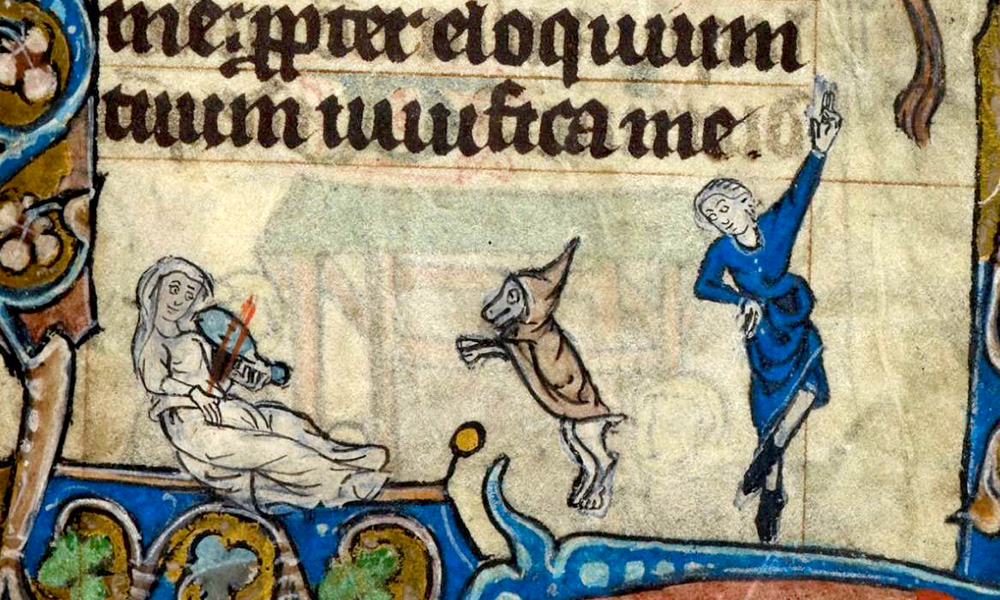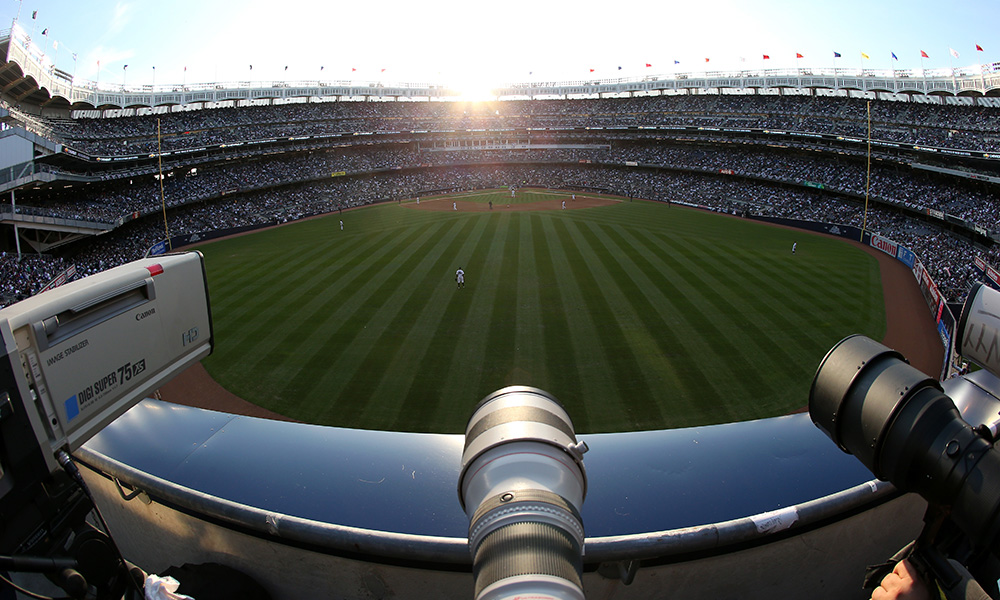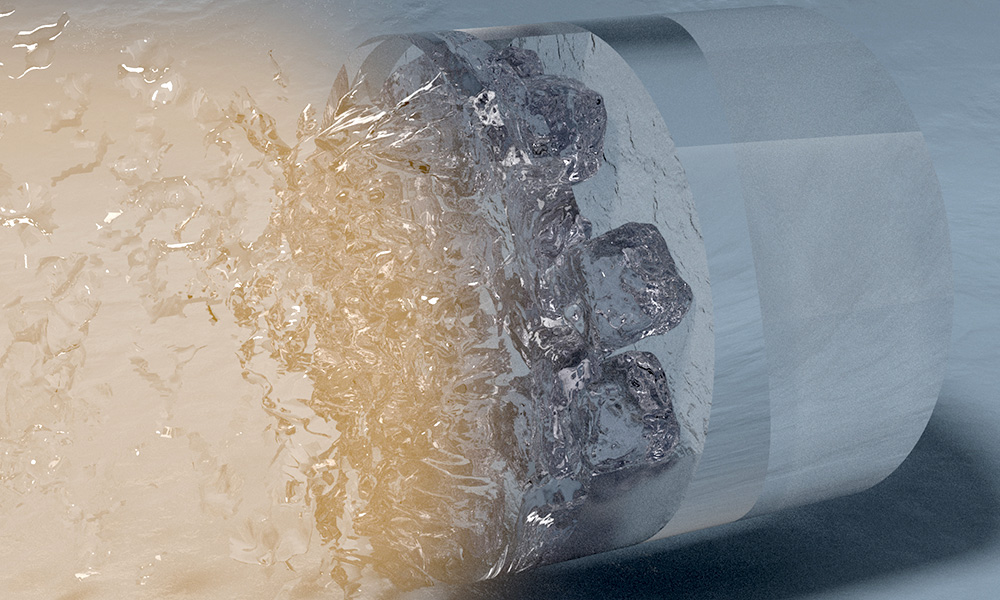
Science & Technology
‘Exotic’ form of ice both solid and liquid
May 15, 2019
Using lasers at the Laboratory for Laser Energetics, researchers have created a superionic water ice, identifying and recording the ice’s atomic structure for the first time and changing our understanding of ice giant planets like Uranus and Neptune.


